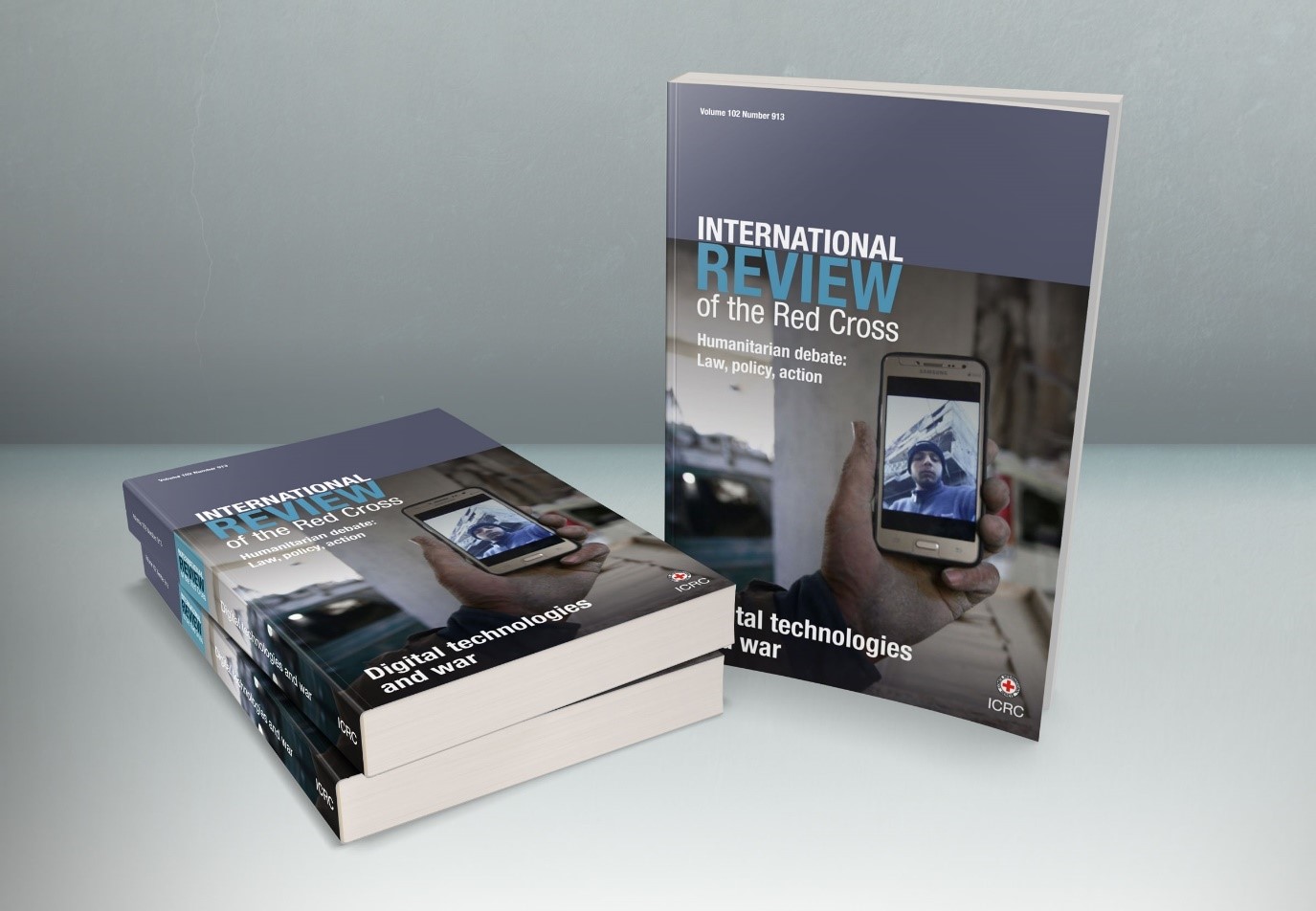Digital Technologies and Humanitarian Action in Armed Conflict
On 18 March 2021, the International Committee of the Red Cross (ICRC) convened a webinar discussion with experts about "Digital Technologies and Humanitarian Action in Armed Conflict". The event marked the start of a yearly global conversation hosted by the International Review of the Red Cross (the Review) on cross-cutting issues of international humanitarian law, humanitarian policy and action.
Opening remarks were delivered by ICRC President Peter Maurer, welcoming and closing remarks were given by Helen Durham, Director of International Law and Policy, and the event was co-moderated by Helen Durham and Bruno Demeyere, Editor-in-Chief of the Review.
We live in a digital age. Digital technologies have become an inescapable part of nearly everyone's lives, even more so since the COVID-19 pandemic, which has created opportunities as well as dependencies and risks. People affected by armed conflicts and other situations of violence have not been exempted from the impact of these developments. If anything, often it can be observed how the costs and benefits of digital technologies are put under a magnifying glass for affected people in humanitarian crises.
Bringing together a diverse set of experts and perspectives from the humanitarian and private sectors, government, academia, and those from the frontlines, this discussion explored the risks and benefits of digitalization in humanitarian action, as well as how digitalization has impacted armed conflicts and conduct of hostilities. Panellists provided answers to the following questions:
- How are digital risks, such as misinformation, disinformation and hate speech, impacting humanitarian activities?
- What are the benefits, as well as the legal, policy and ethical considerations of using digital technologies, such as AI and machine learning mechanisms, in humanitarian practice?
- What are some lessons learned, from both the public and private sector?
- And, what are the humanitarian consequences of and legal frameworks applicable to the 'digitalization' of armed conflicts?
If you missed the live event or would like to re-watch it, the full recording is available in the "video" section above.
Curious to learn more?
The new edition of the International Review of the Red Cross is dedicated to "Digital Technologies and War" and is available online as of March 18 2021.

Further resources










